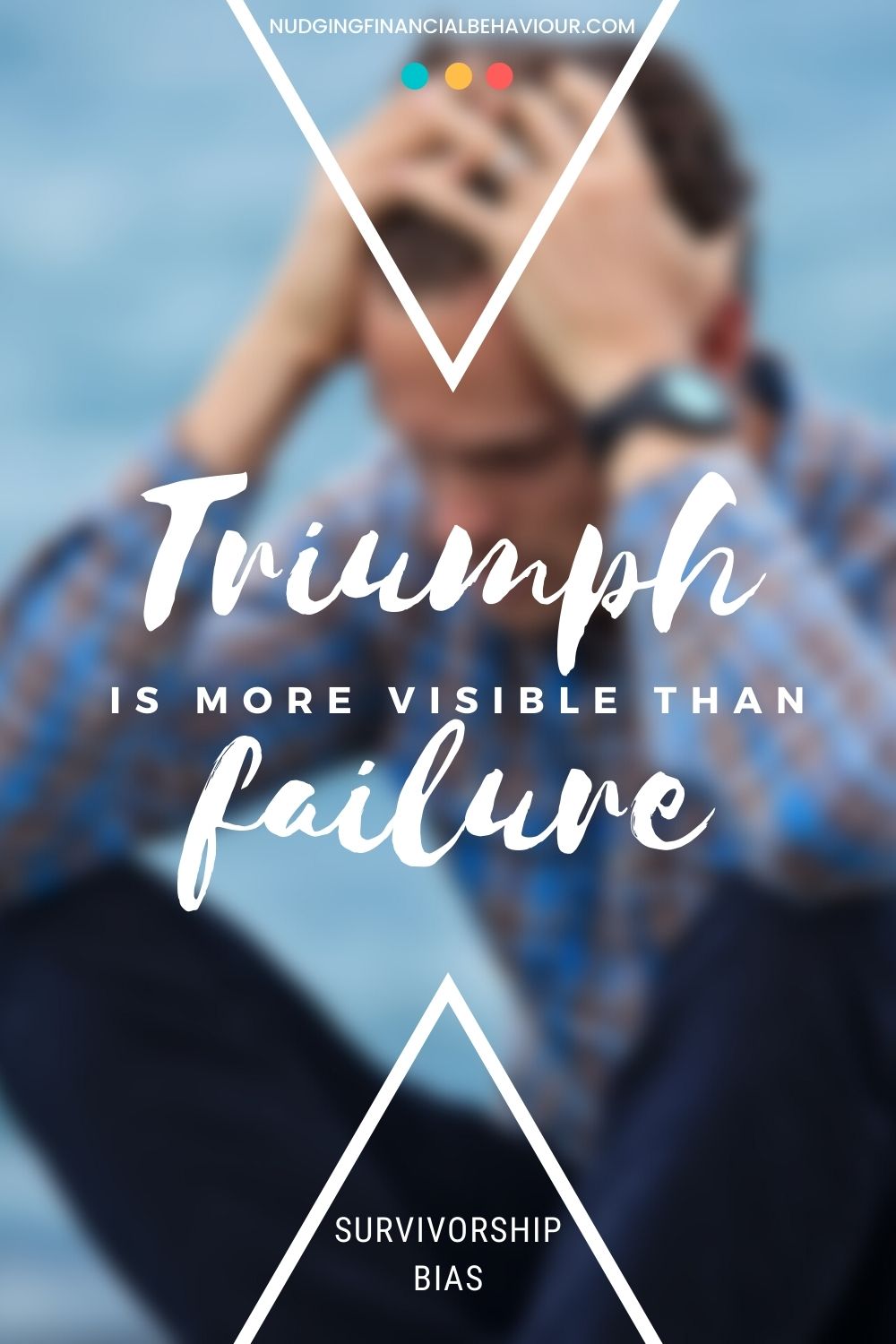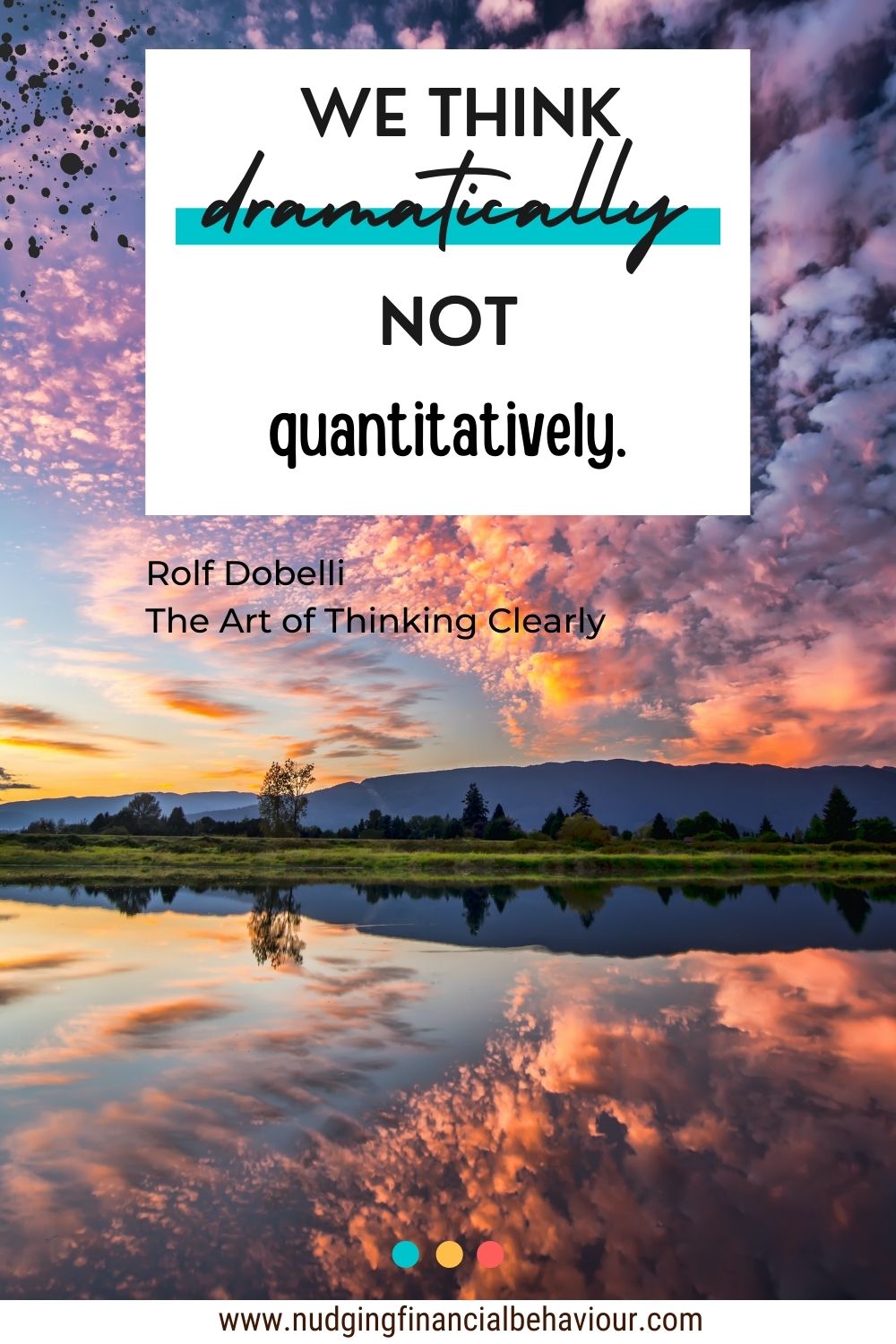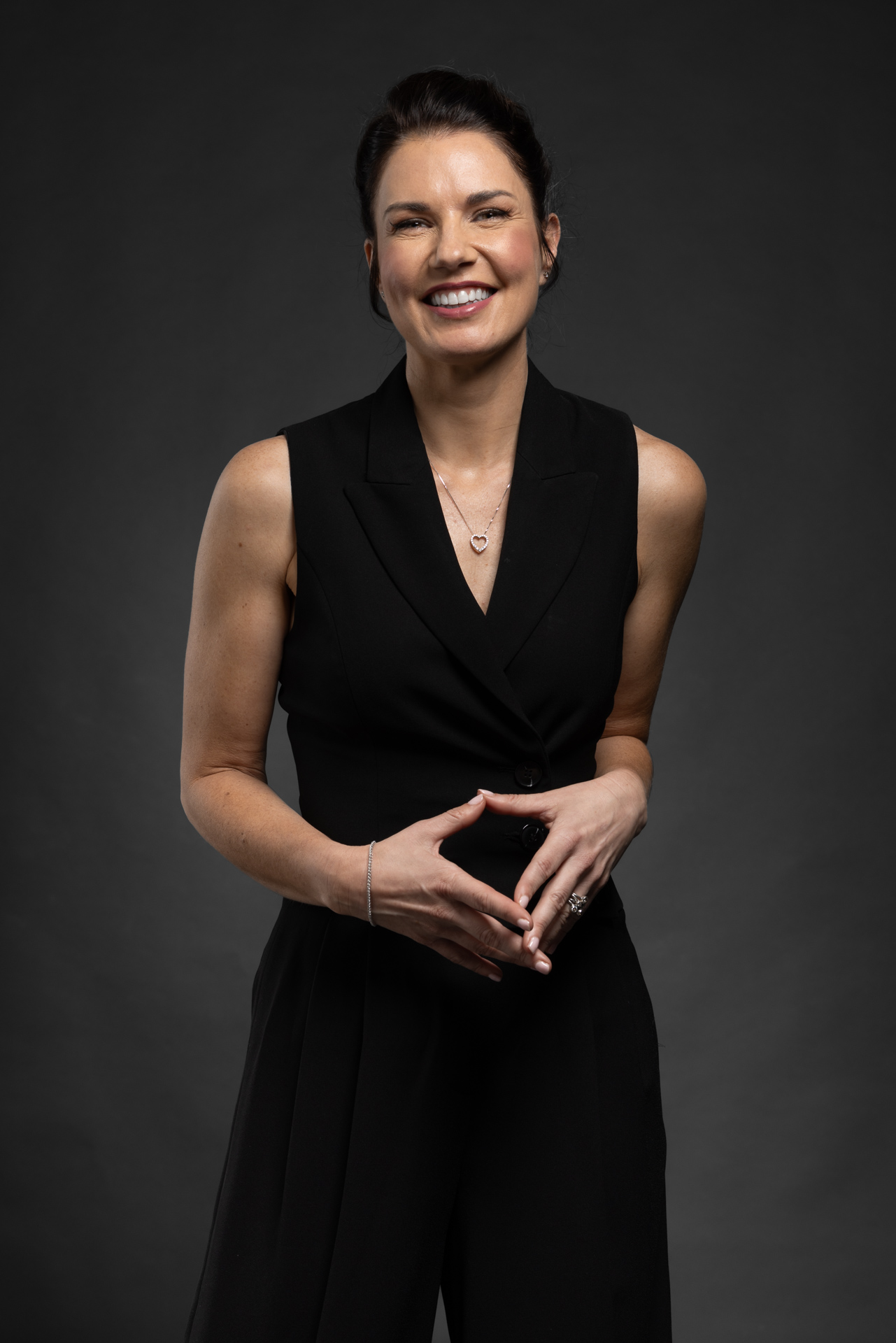It goes without saying that we make decisions based on the information we have at our disposal. In our previous post, we discussed more than one study which showed how participants were influenced by the order of information when making a decision. Now, just when you thought that was the end of arbitrary information influencing our decisions, there’s one more thing to consider. The order of information can only influence us if it’s actually available to us. This refers to the science of availability and something known as the availability bias within behavioral science.
The availability bias definition refers to how an event that has almost non-existent probability of happening to you can be assigned a reasonable or even high probability by you just because the information is readily available. It’s a mental shortcut that enables us to connect decisions or ideas easily based on instant or vivid examples.
Because you hear stories of muggings and hijackings you think those things have a higher probability of happening to you. Because you hear about a shark attack, the next time you go swimming you think that might happen to you. Even though the probability of these events happening is very low, you’ve heightened its probability because some concept of it has been made available to you. This exposure effect drives cognitive biases.
If you think about it long enough, you’ll agree that this behaviour is ridiculous! Things don’t happen more often in the real world just because we can visualise them more easily. But what we hear about a topic, and how that fits in with what we already think we know, influences how we react to it. Thus, we overestimate the perceived risk of dying in a plane crash rather than being a victim of pancreatic cancer.

In his speech, The Psychology of Human Misjudgement, Charlie Mungers talks about availability bias psychology. Rather cynically he compares the bias to the words of a song which goes: “When I’m not near the girl I love, I love the girl I’m near.” He explains that “Man’s imperfect, limited-capacity brain easily drifts into working with what’s easily available to it. And the brain can’t use what it can’t remember or what it is blocked from recognizing because it is heavily influenced by one or more psychological tendencies bearing strongly on it, as the fellow is influenced by the nearby girl in the song.” Thus, the mind upweights what is easily available.
In his speech, The Psychology of Human Misjudgement, Charlie Mungers talks about availability bias psychology. Rather cynically he compares the bias to the words of a song which goes: “When I’m not near the girl I love, I love the girl I’m near.” He explains that “Man’s imperfect, limited-capacity brain easily drifts into working with what’s easily available to it. And the brain can’t use what it can’t remember or what it is blocked from recognizing because it is heavily influenced by one or more psychological tendencies bearing strongly on it, as the fellow is influenced by the nearby girl in the song.” Thus, the mind upweights what is easily available.

When making decisions we are influenced by what’s in our working memory. With this in mind, we cannot underestimate the power of someone’s past lived experience on their future decisions. What you remember from your past influences your future. The memories, stories and examples that are most easily available to us guide us. It’s the cognitive psychology and social psychology driving these cognitive biases. The more recent the event, the more easily recalled.
We create a picture of the world using the examples that most easily come to mind.
Our memory is influenced by our emotions, expectations, feelings and what we’ve been exposed to. Social media coverage plays a big role here. An event that is possibly very rare might become more visible to us because there is large coverage of it online. As the news spreads so too does the ease with which we can recall that event. But neither these things influence the probability of the event happening (again).
It must be true if it's on the Internet. Share on XPeople tend to assess the relative importance of issues by the ease with which they are retrieved from memory—and this is largely determined by the extent of coverage in the media.
I fear many professionals fall victim to the availability bias in the workplace. Financial advisors have their favourite products, doctors have their preferred medicines, consultants have their preferred methods. Even though a more appropriate option might exist it’s not front of mind. They have their favourites which they often use and recommend what they know. You come across a new problem and you’re likely to throw a familiar method at it.
In the financial markets we often refer to survivorship bias. It’s our tendency to look at how existing shares or companies are performing in the market, and projecting that onto the entire market. The problem with that approach is that you’re ignoring all the companies that failed!
Triumph is more visible than failure. Because of that, we overestimate our chances of succeeding in things. As depressing as it sounds, the probability of success is actually very low.
For every famous actress, there are 1 000 actresses queuing at open calls to get a role. For every popular author, there are 100 who can’t find a publisher. And behind every successful entrepreneur, there are too many who have failed to get their business idea to fly. Social media is not interested in promoting and telling you about all the people who didn’t make it. If you want to find that information, you need to go look for it yourself.

In the financial markets we often refer to survivorship bias. It’s our tendency to look at how existing shares or companies are performing in the market, and projecting that onto the entire market. The problem with that approach is that you’re ignoring all the companies that failed!
Triumph is more visible than failure. Because of that, we overestimate our chances of succeeding in things. As depressing as it sounds, the probability of success is actually very low.
For every famous actress, there are 1 000 actresses queuing at open calls to get a role. For every popular author, there are 100 who can’t find a publisher. And behind every successful entrepreneur, there are too many who have failed to get their business idea to fly. Social media is not interested in promoting and telling you about all the people who didn’t make it. If you want to find that information, you need to go look for it yourself.

In my own work, I struggle with survivorship bias. For one, I’m very aware of confirmation bias and thus always try and find evidence that supports and refutes my claims. But what I find increasingly concerning is that you tend to only find the popular evidence… that’s how search engine optimisation (SEO) works. And just because it’s popular, doesn’t necessarily mean it’s factual. And thus the availability heuristic spins it’s web and survivorship bias sneaks it’s way into the investigative work we might try to do.

Don’t overestimate information that is available to you. Just because you know someone who did no exercise and lived to a healthy 100 years of age, doesn’t mean that you shouldn’t exercise. Rather, ask yourself how you can use the science of availability to make your life better? Is it better to live your life and believe the world is not as bad as commonly portrayed or watch the news everyday where you’ll be shown constant death and destruction, because that’s what sells?
Lastly, when coming across a new problem, check yourself before throwing a familiar method at it. Is there perhaps a more appropriate approach that you haven’t tried before?
Don’t overestimate information that is available to you. Just because you know someone who did no exercise and lived to a healthy 100 years of age, doesn’t mean that you shouldn’t exercise. Rather, ask yourself how you can use the science of availability to make your life better? Is it better to live your life and believe the world is not as bad as commonly portrayed or watch the news everyday where you’ll be shown constant death and destruction, because that’s what sells?
Lastly, when coming across a new problem, check yourself before throwing a familiar method at it. Is there perhaps a more appropriate approach that you haven’t tried before?

If you haven’t figured it out already, perhaps the best way to use this bias in your favour is to become a storyteller. The more exciting and vivid your story, the easier it will be to convince someone of something. Trial lawyers are masterful storytellers. They’ve figured out that it’s not facts that move people, it’s the stories that do.
Let us know in the comments on availability bias below.
Let us know in the comments on availability bias below.
I am passionate about helping people understand their behaviour with money and gently nudging them to spend less and save more. I have several academic journal publications on investor behaviour, financial literacy and personal finance, and perfectly understand the biases that influence how we manage our money. This blog is where I break down those ideas and share my thinking. I’ll try to cover relevant topics that my readers bring to my attention. Please read, share, and comment. That’s how we spread knowledge and help both ourselves and others to become in control of our financial situations.

Dr Gizelle Willows
PhD and NRF-rating in Behavioural Finance
[user_registration_form id=”8641″]
“Essentially, all models are wrong, but some are useful.” – George E.P. Box
Receive gentle nudges from us:
